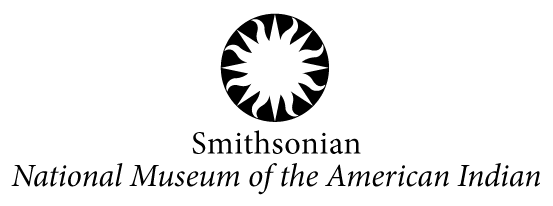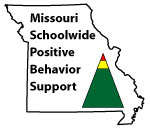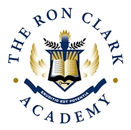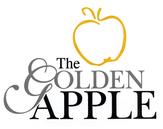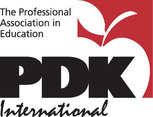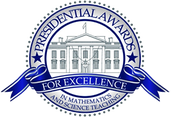Ask yourself if it is vital for you to correct the information. Recognize your own biases and your need to “fix” beliefs that don’t align with your own. Often, other participants will correct the misinformation. Try asking “Does anyone else have a different experience with this?” or “Has anyone else heard other information about this?”
Be aware that participants in dialogue, as all of us do, often get hung up in a dispute about facts when no one knows the answer. Remind the group that experts often disagree, and redirect the dialogue with a question.
Remember, though, that not everything is up for dialogue. A facilitator should feel confident in unequivocally correcting false information if the information shared:
* creates an unsafe environment for participants
* reinforces a damaging historical untruth
A teacher at any level has a responsibility to students and families to heed such advice as appears here. I am always ready to accept an accurate answer and redirect inaccuracies, but harmful and blatantly incorrect answers sometimes just require bolder, yet cordial, correction. A good teacher learns how to juggle the decisions of how to accept, redirect, or sensitively reject responses and comments on the fly without animosity. The example left in doing so can also encourage students to react similarly, listening more being slower to speak.
